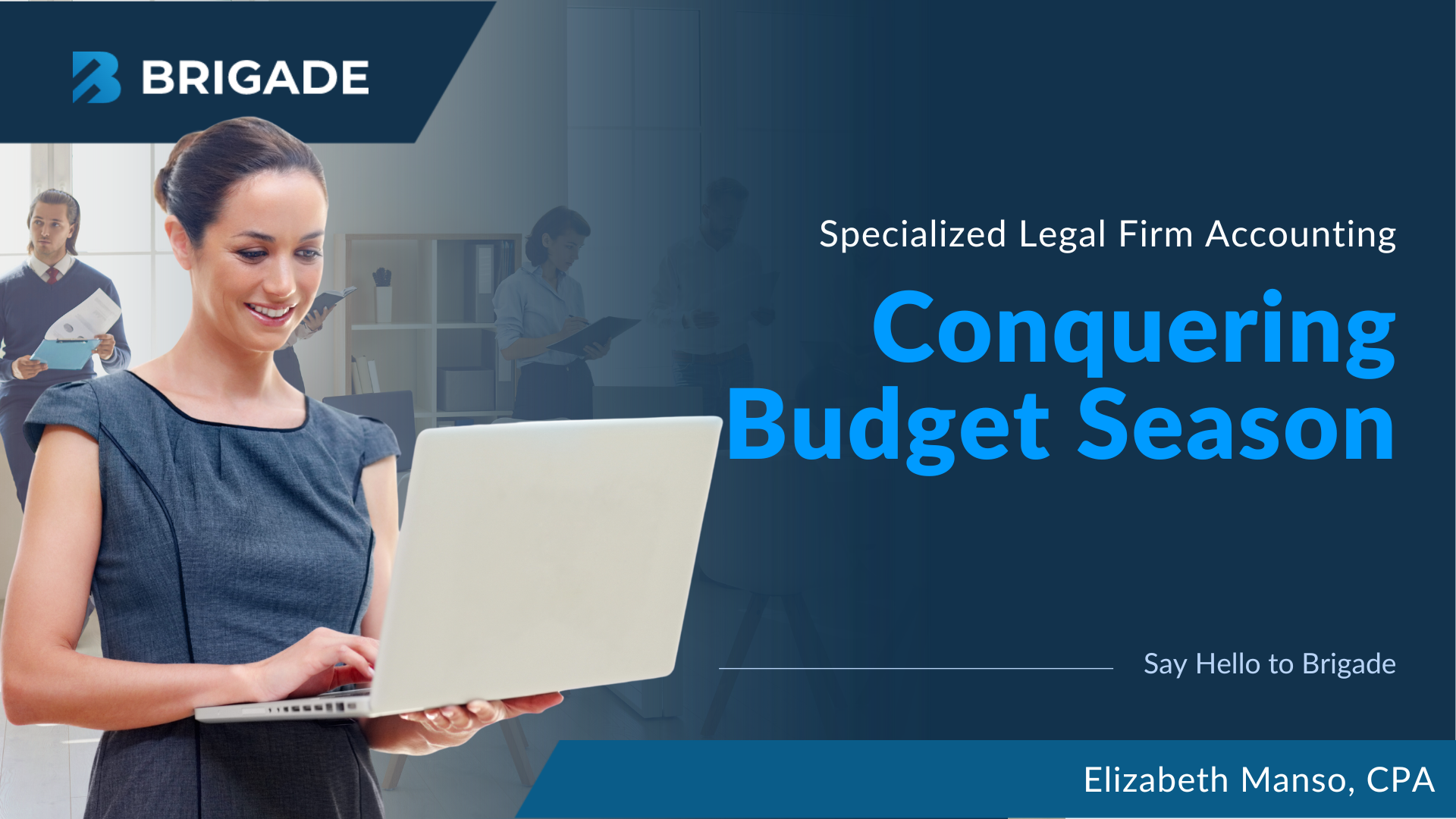
Retirement is nothing like it was for our parents or grandparents. I have relatives who, in their day, could rely on a pension. But when my generation (and most likely yours), reaches retirement age, we will be in a better position if we have a 401(k) waiting for us.
I hate to see people making the wrong choices with their 401(k)s at different stages of their careers. This isn’t investment advice, it’s just a friendly reminder to not make these critical mistakes.
At the beginning: Start as soon as possible
Even before I received my first paycheck, I was thinking about my last. You can’t predict what will happen four decades from now, but one thing is certain: YOU need to look out for YOURSELF. If your employer offers a 401(k), it’s better to contribute the minimum amount you can, as soon as you can, versus doing nothing.
Yes, I’ve been there, and I know there isn’t a lot of room in your personal budget at the beginning of your career. There’s the cost of housing, insurance, and for many, student debt, to contend with. But don’t make the mistake of putting off 401(k) contributions because of debt. A 401(k) accrues over time and the more time you have to invest, the better.
Also, take advantage of the employer match or employer percentage contribution options. This is (literal) free money.
In the middle: If you change jobs, make an informed decision
If you change jobs and have a 401(k), there are commonly four options:
- Leave the account alone, in your old employer’s plan. But you can no longer contribute to it.
- Roll your 401(k) into your new employer’s retirement plan. A good option if you like investment choices and the fees aren’t too high.
- Roll your 401(k) into an IRA. An option that typically has lower fees and more investment choices.
- Cash out the account. Not recommended if you are younger than age 59½ as there are penalties.
There is no one correct choice for everyone. But don’t leave your 401(k) at your former employer because you are unsure what to do or haven’t thought about it. Look into your options and make the right call.
At the end: If you need advice, don’t wait
Several things can happen to your 401(k) at the end of your career. You may elect to start taking qualified distributions. You also may choose to continue to accumulate earnings until you are required to take distributions.
The complicated rules governing what you can do with your 401(k) after retirement are made by the IRS and by the company that set up the plan. The decision you make will be final so it’s important to get educated before choosing what to do.
Whether retirement is happening for you 4 years from now or 40, I hope you’ll keep making the right decisions with your 401(k).

